Redefining Jewelry, One Memory at a Time
Built by hands, worn for lifetimes. This is where craftsmanship meets connection.
100+ trusted wholesalers
Transparent pricing
Handmade from start to finish
Unbiased gemologist
3.18 Carat - Princess Cut Lab Grown Diamond
D Color | VS1 Clarity | DreamStone Ideal Cut
SKU: 6465591248/P51E-66
AI INSIGHTS
Your Price: $2,290
FREE SHIPPING & 30 DAY RETURNS
Order loose diamond, ships by Wednesday, August 27th
Bank wire: $2,255
Add this diamond to a ring
Add this diamond to a pendant
Buy this diamond without a setting

BOOK AN APPOINTMENT
See in-person in our New York or Florida showrooms

GET A GEMOLOGIST OPINION
Ask one of our gemologists to review this diamond.

PRICE MATCH GUARANTEE
See a diamond at a lower price? Request Price Match
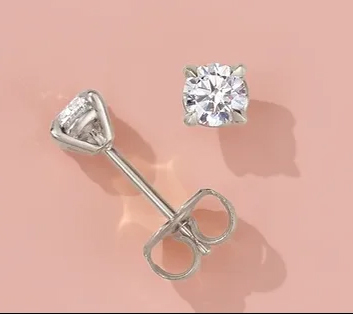
$100 Off Your Order with purchase over $1000. Use coupon code WELCOME100
| Shape | Princess |
| Carats | 3.18 carats |
| Cut | DreamStone Ideal |
| Color | D |
| Clarity | VS1 |
| Stock Number | P51E-66 |
| Order By | 3PM EST Today |
| Ships By | Wednesday, August 27th |
| Depth % | 74.3% |
| Table % | 64% |
| Symmetry | Excellent |
| Polish | Excellent |
| Culet | None |
| Fluorescence | None |
| Measurement | 7.90 - 7.70 * 5.72 |
| Ratio | 1.03 |
| Report Number | 6465591248 |
| Certification | GIA |
The "carat" refers to the weight of the diamond. The bigger the carat, the more money the diamond. There is no "good" or "bad" carat, it strictly has to do with budget. Some trade off quality to get a bigger rock, while others want the finest diamond and settle for a smaller carat weight.
A diamond's cut also referred to as the stone's "make" is the proportions of its facets and its overall finish. Cut is a result of a craftsman's skill in transforming a rough crystal into a magnificent gem. A well-proportioned (well-cut) stone will create that fire and brilliance of flashing rainbow colors and liveliness.
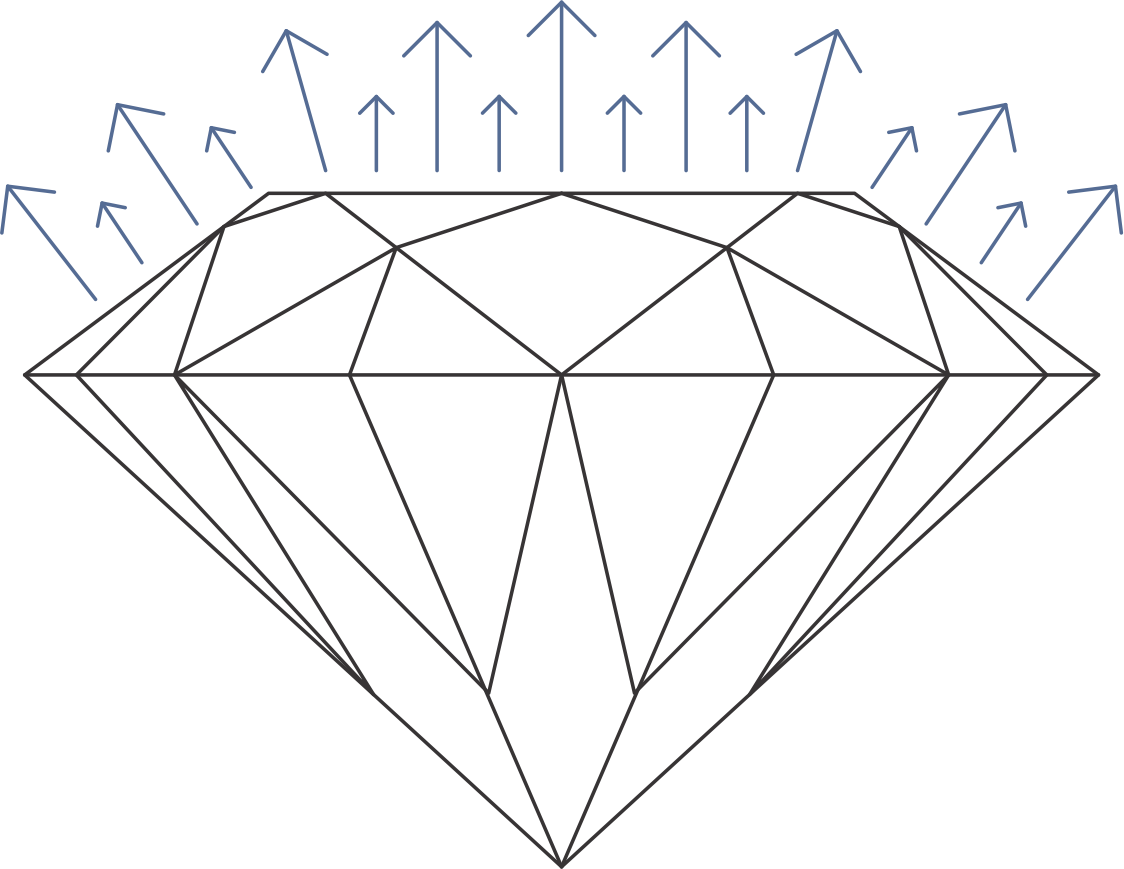
(DreamStone Ideal) Unlike other retailers who brand an "ideal" grade to their cut lineup without much transparency, we take a diamond's table & depth percentages, girdle, and crown angle and if it meets our required guidelines, the diamond qualifies as an DreamStone Ideal Cut. This means the diamond is cut to more precise proportions than the finest graded cuts currently available. As our most exclusive cut, this diamond reflects maximum brilliance and fire with an equally highest quality grade of polish and symmetry for ultimate sparkle and life. Truly our finest diamond cut. Learn more about the guidelines we use for the DreamStone Ideal Cut.
Color refers to the natural body color of a diamond. The color grade, a measure of a stone's colorlessness determines how much tint of yellow it has. The color scale ranges from absolutely colorless (D color) to light yellow (L color). In general, the less color a diamond has the more money it is, all other factors being equal.

(D) This diamond earns the highest grade on the color scale. D-color diamonds are completely colorless and are considered the rarest classification of diamond colors.









Most diamonds have inclusions. These are natural microscopic features in a diamond. The clarity grade refers to a stone's relative absence of these clarity characteristics from FL (flawless) to I1 (included) scale. Most people find the "sweet spot" to be VS2/SI1 where the diamonds appear "eye clean".
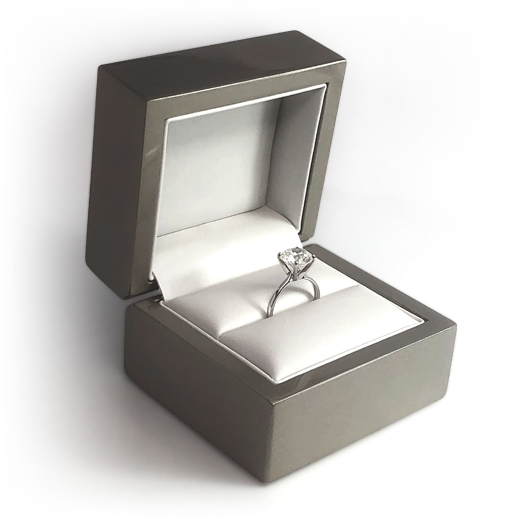
| Order by: | 1PM EST Today |
| Item delivered by: | Wednesday, August 27th |
| Need it faster?
Let us know
For diamonds set in jewelry, you should allow at least 10-12 business days to process and package your order for shipment. For loose diamonds, you should allow about 7 business days. Our state-of-the-art manufacturing facilities and seasoned staff ensure prompt and scheduled delivery with every order. For Saturday delivery, or if you need your package sooner than our expected delivery time, please contact customer service at 1-800-818-8386 or email us at service@dreamstone.com and we will be more than happy to accommodate your requests. Whenever possible we will strive to rush orders to meet your deadlines. |
| Shipped via: | Free FedEx Shipping |
| Insurance: | Free coverage door to door |
| Returns | 30-days, money back guarantee |
|
30-day returns
Our return policy gives you plenty of time to make an informed decision. If you are not completely satisfied with your purchase, you can return any item within 30 days of your purchase date for a 100% full refund. No restocking fee. For further details, please review our full return policy. |
Jewelry gift box
As a finishing touch to your fine jewelry gift, is our complementary gift box. It is our way to make sure you're prepared for the big day! |
|
FREE RESIZING
We offer free resizing for one year from your purchase date. You can either ship your ring or drop it off at our location: 15 West 47th Street, Suite 803, New York, NY 10036. We’ll resize your ring free of charge and ship it back to you at no cost. If you’d like us to provide a pre-paid, fully insured FedEx return label, we can send you one for a fee of $79 (FedEx cost). The resizing service and return shipping of your resized ring will remain free of charge. |
Lifetime upgrade
Diamond Upgrades & Exchange Policies
DreamStone wants to be your jeweler for life. For that reason, we've implemented three policies to help you shop with confidence not only today, but years down the line. These policies apply to our earth mined natural diamonds only. Please call our offices for details or to answer any questions you may have. Lifetime Upgrade Policy - Any natural earth mined diamond purchased from DreamStone.com can be exchanged at 100% credit for any replacement natural earth mined diamond of at least 2x or greater in value. The diamond being upgraded must be natural earth mined and in original condition and accompanied by original laboratory grading document. DreamStone can also remodel most rings to accommodate the new diamond for a minimal charge. Diamond Purchase Program - Do you have a natural earth mined diamond you would like to sell, even though you didn't purchase it from us? We can provide you with a free purchase quote on any GIA or AGS graded diamond of 1/2ct or larger. Just contact our office for details at 800-818-8386. |
|
Free fedex® shipping
Free Shipping We are happy to offer Free Fully Insured FedEx Shipping on All Orders worldwide. Once your order is processed it goes through a quality check inspection - after our final approval it is neatly packaged in our distinctive jewelry box and secured with all your documentation and shipped to you insured with FedEx Air. As soon as it ships we will send you an email with the tracking information. |
Fully insured to your door
|
|
Diamond certificate
Every DreamStone certified diamond comes with the independent grade report. You will receive the original certificate with your order. |
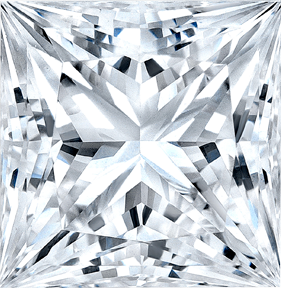
Princess Brilliant Diamond
Carat: ↑ 3.34
Color: D
Clarity: VS1
$2,255

Princess Brilliant Diamond
Carat: ↓ 3.11
Color: D
Clarity: VS1
$2,682

Princess Brilliant Diamond
Carat: ↓ 3.1
Color: D
Clarity: VS1
$2,286

Princess Brilliant Diamond
Carat: ↑ 3.29
Color: D
Clarity: VS1
$2,468

Princess Brilliant Diamond
Carat: ↓ 3.14
Color: D
Clarity: VS1
$1,313

Princess Brilliant Diamond
Carat: ↓ 3
Color: D
Clarity: VS1
$1,493

Princess Brilliant Diamond
Carat: ↑ 3.28
Color: D
Clarity: VS1
$1,227

Princess Brilliant Diamond
Carat: ↓ 3.09
Color: D
Clarity: VS1
$1,328

Princess Brilliant Diamond
Carat: ↓ 3.03
Color: D
Clarity: VS1
$1,492

Princess Brilliant Diamond
Carat: ↓ 3.06
Color: D
Clarity: VS1
$1,439
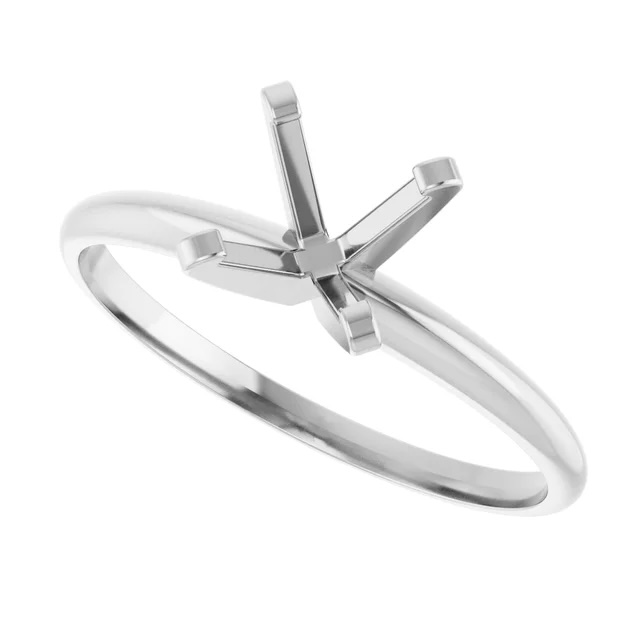
Browse our settings and choose the style that is right for you
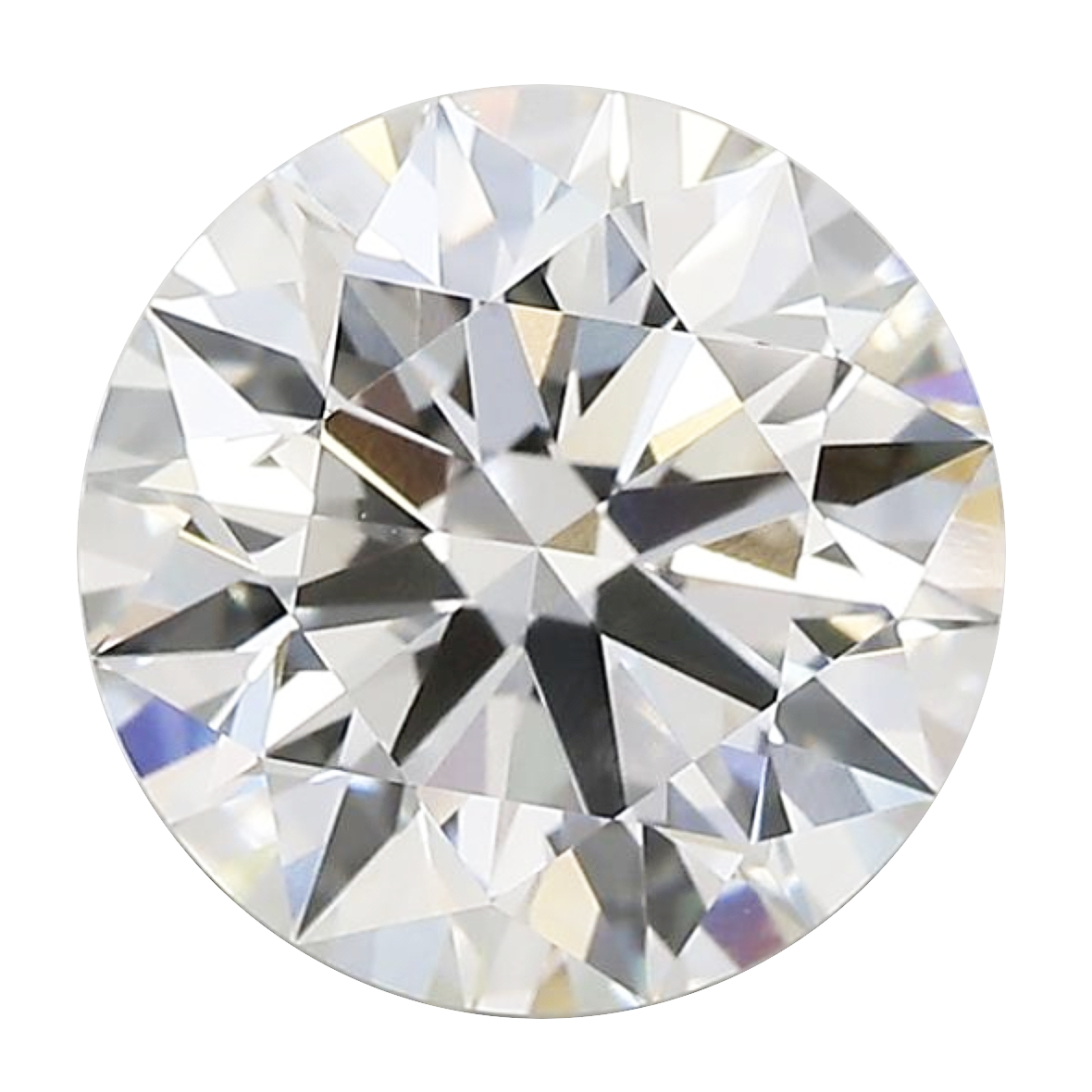
Choose the perfect diamond for your chosen setting
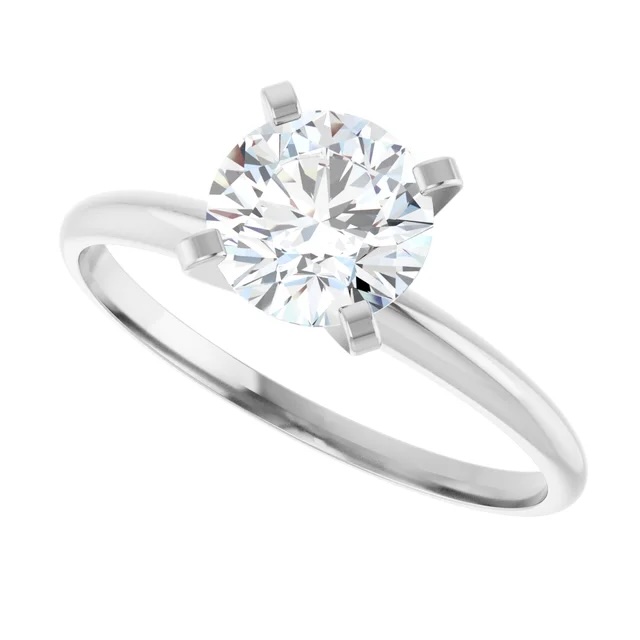
Add the ring to your cart and start planning your proposal!